According to HousingAnywhere's latest International Rent Index, a rise in residential rents continued across Europe in Q4 of 2019, yet rents did decelerated in the more expensive cities such as London, Amsterdam and Munich.
This hasn't been the case for cities that are cheaper by comparison. These typically cheaper cities have seen a steep rental growth in the past year, most notably; Berlin, Barcelona, Madrid, Vienna, and Brussels. "The Q4 report reflects what we have been observing for a while now," says Djordy Seelmann, CEO of HousingAnywhere. "It will be interesting to see if a ceiling will be reached in 2020 for the most expensive European cities, and which lower-priced cities will catch up to the more expensive ones. The housing shortage certainly remains as pressing as it has been in past years."
Working towards effective solutions
The European political landscape is quite unstable at present, with political issues weighing down the performance of the real estate industry. Seelmann: "Current governmental initiatives are focused on applying stricter control of the domestic real estate sector, instead of encouraging the much-needed development of new accommodation. Rent controls, as seen in Berlin and the Netherlands, are a way of dealing with housing affordability in the short term. They are, however, counterproductive, and add risk to residential investment while failing to add more accommodation."
There are both short-term and long-term strategies that will have the desired effect, according to Seelmann, "For the short term, we urge governments and municipalities to take a more constructive attitude towards allowing the development of new sites. Land prices have increased, in part due to the fiscal policies of governments that aim to boost local authority funding. Much to the discouragement of property investors. At the same time, we see opportunities for transforming existing commercial properties into residential properties. This not only results in more accommodation but also reduces vacancy. In the long term, cities need to be forward-looking when considering infrastructure: communities that are currently less accessible could flourish if city centers and regional public transportation links are generally improved. Young professionals and students are looking for housing in areas where sufficient mobility is available. Additionally, there must be enough available accommodation for homeseekers in all categories. This would allow families and seniors to move more easily within the rental market, freeing up cheaper accommodation for young professionals and students. The cities that achieve this will succeed in attracting the workforce of the future."
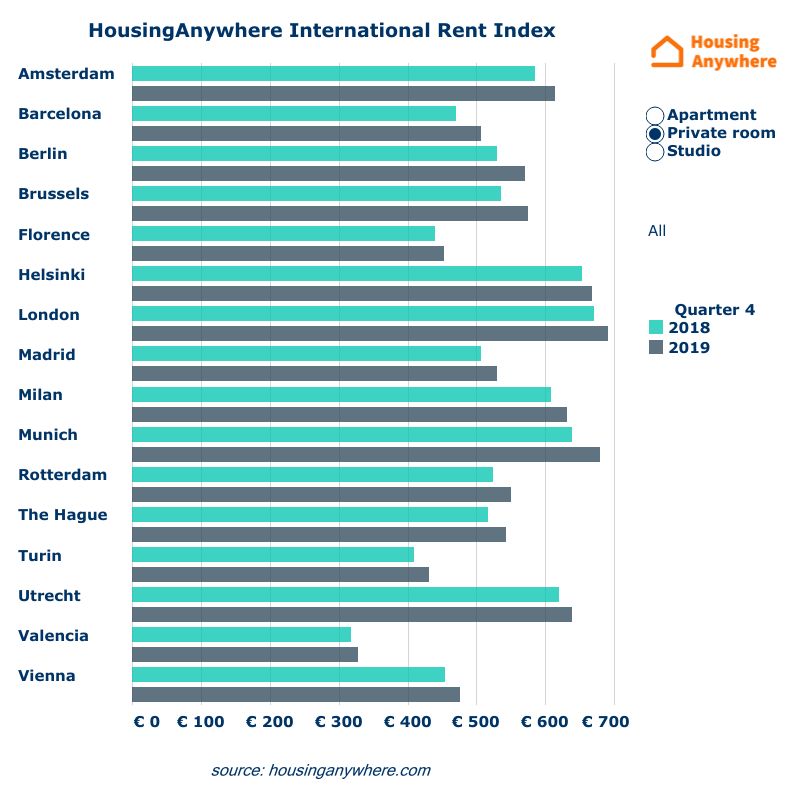
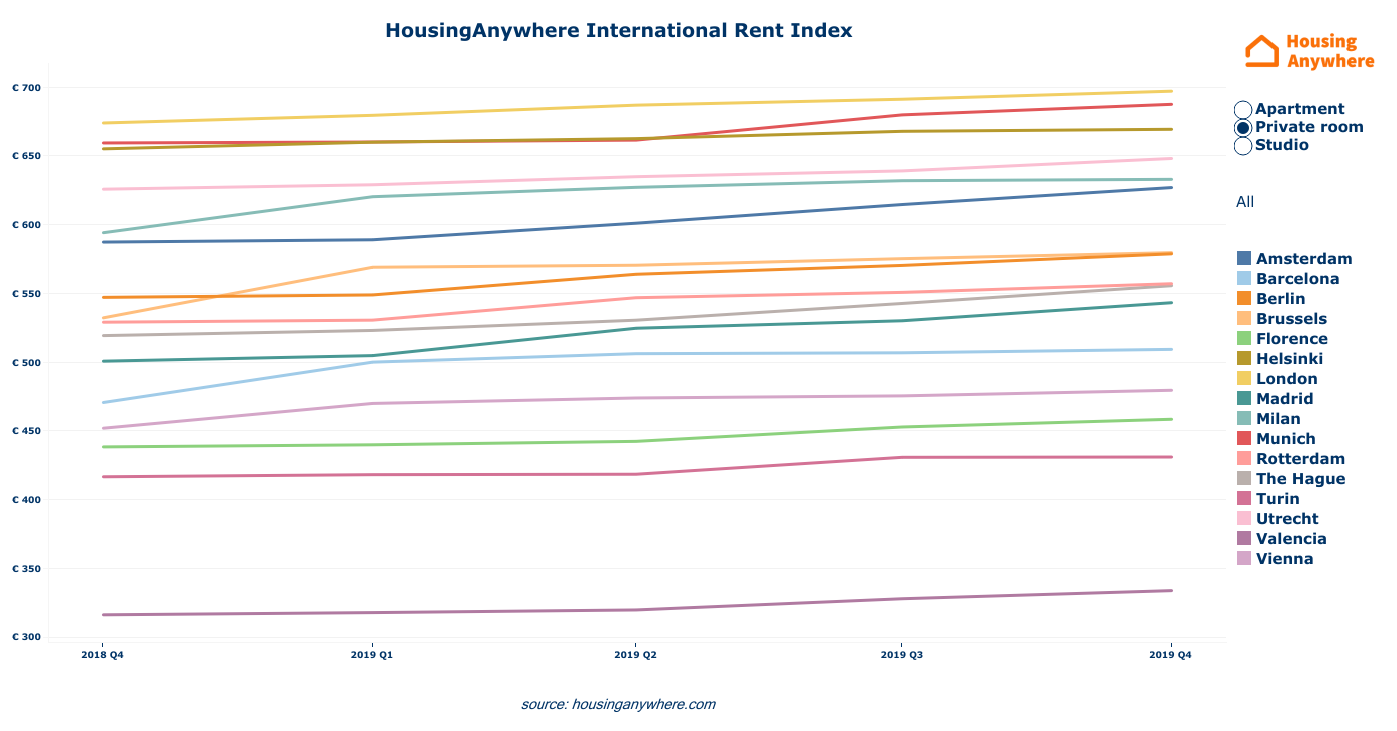
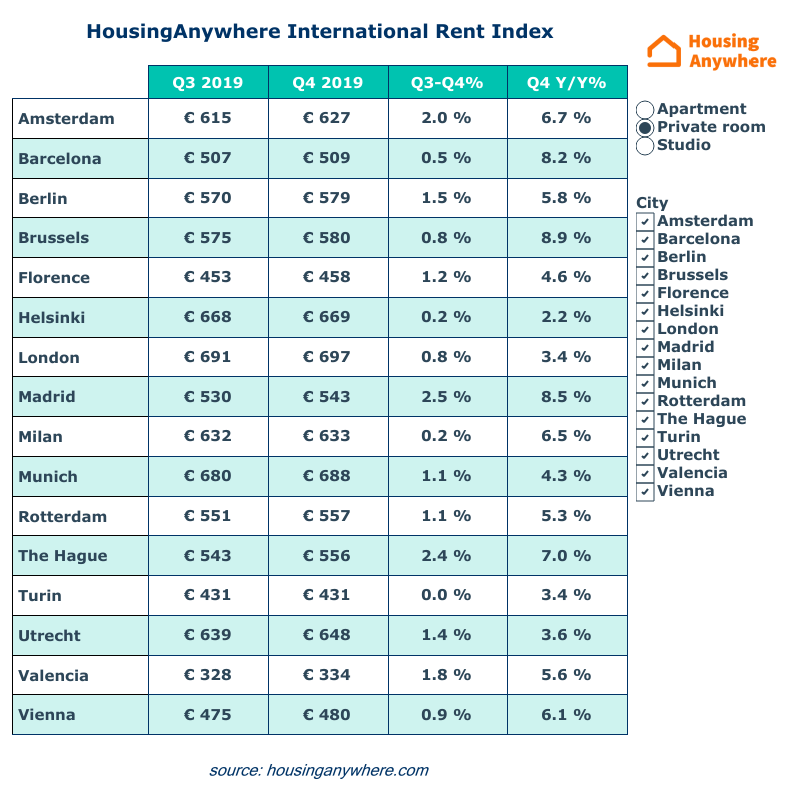

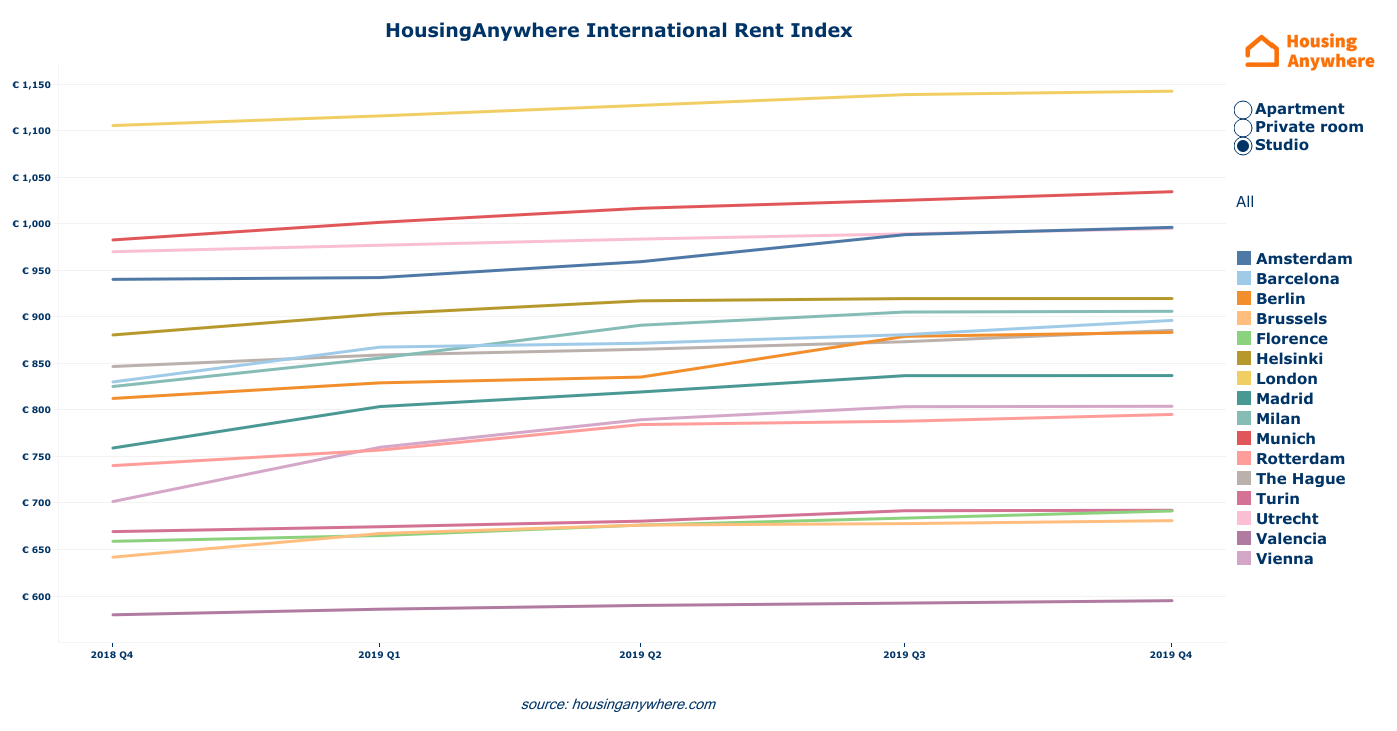
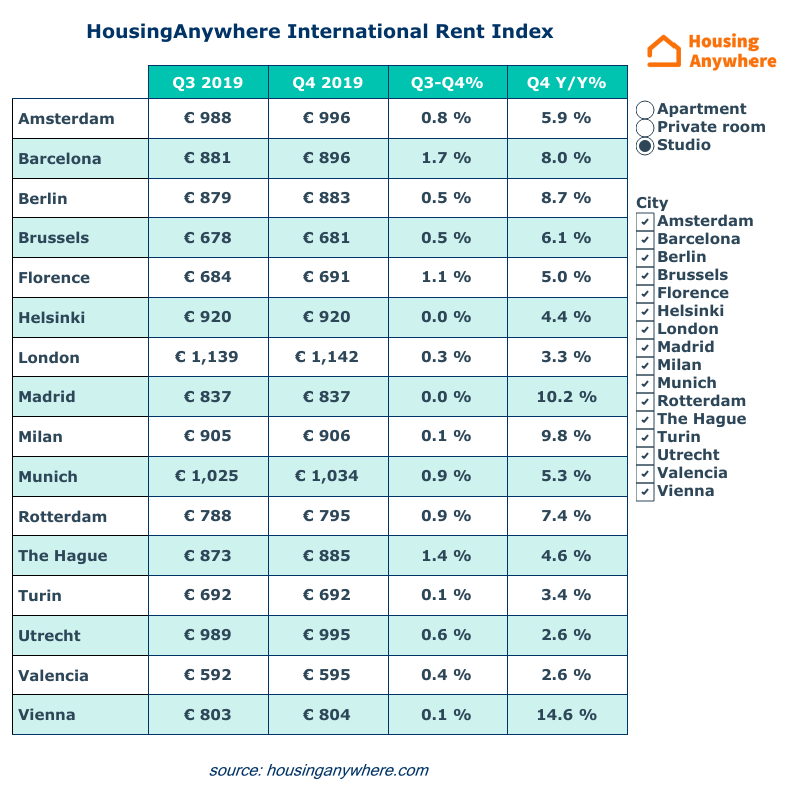
Please
contact us in case of Copyright Infringement of the photo sourced from the internet, we will remove it within 24 hours.





